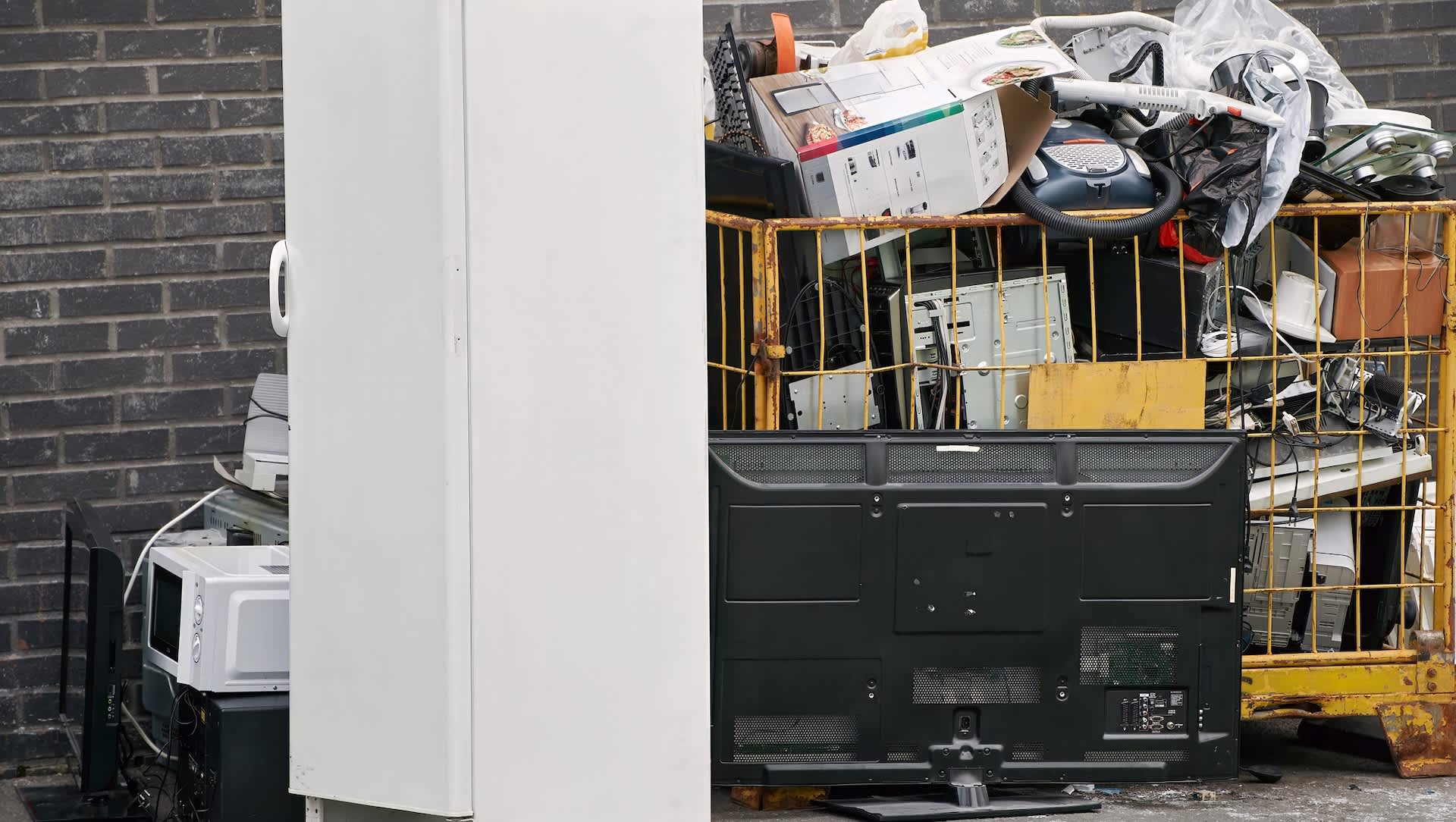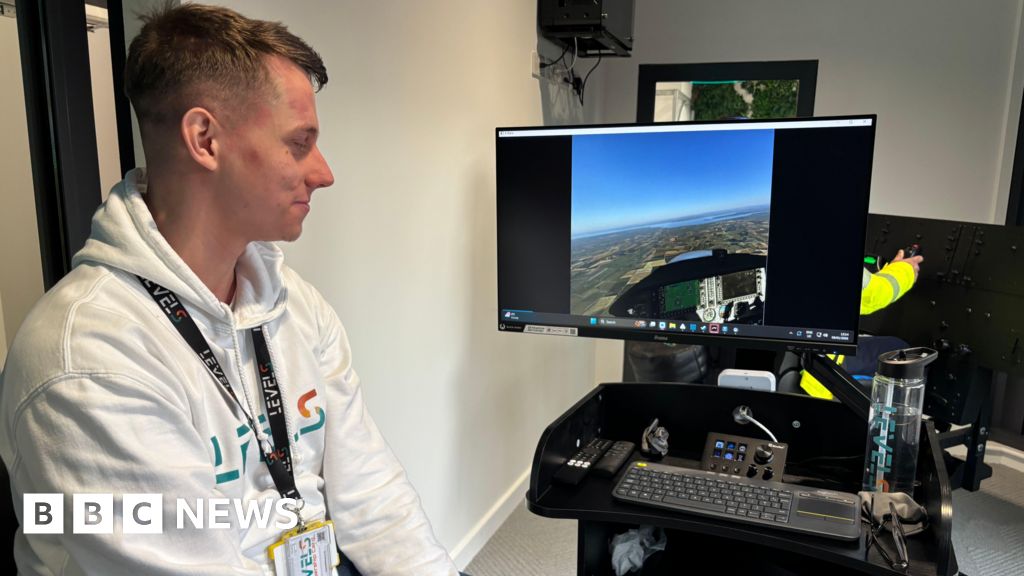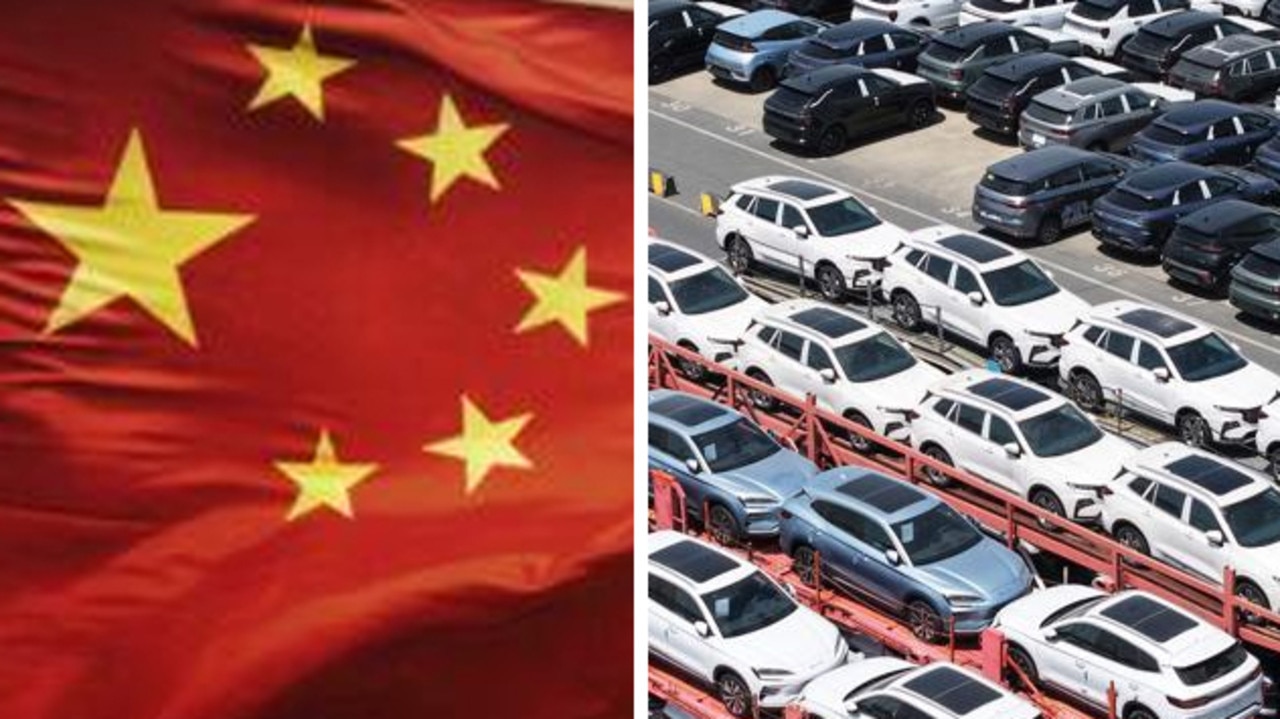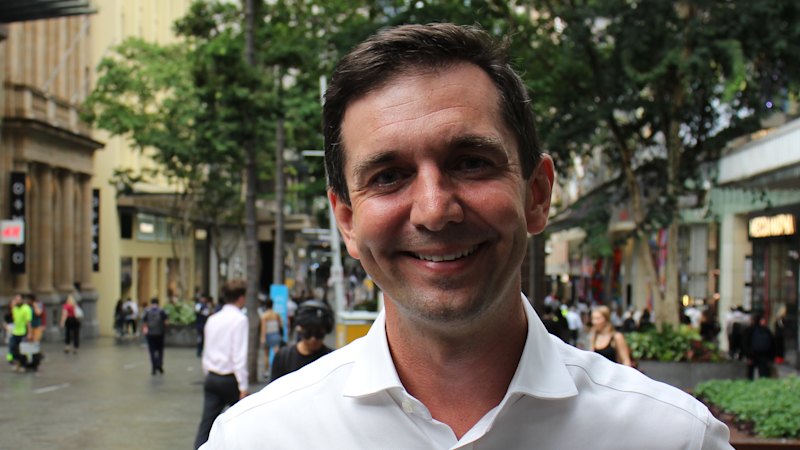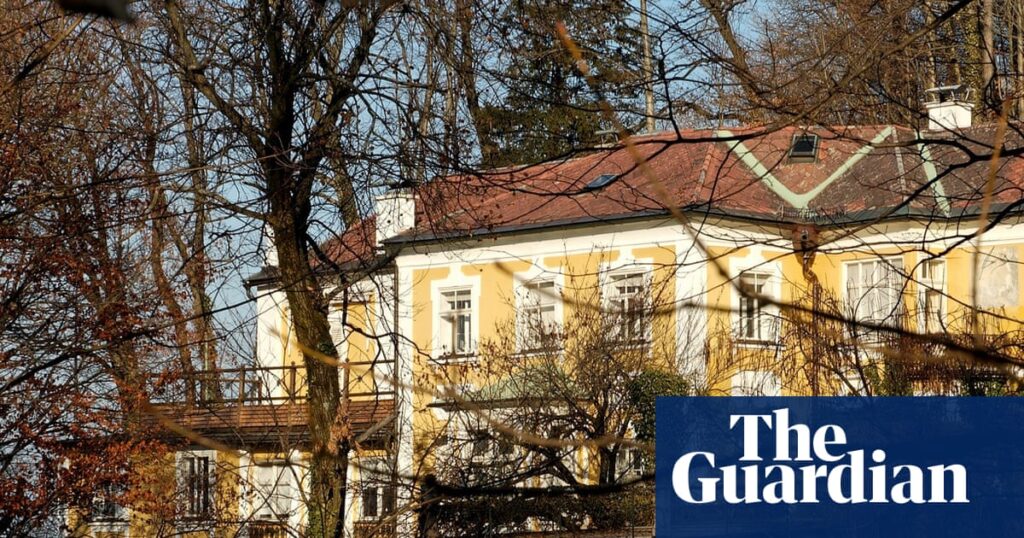
For three years, the tranquility of Doris Rüggeberg’s cozy flat on Kapuzinerberg, a picturesque wooded hill in Salzburg, has been disrupted by the constant noise from her next-door neighbor’s construction site. The source of this disturbance is Wolfgang Porsche, a German-Austrian automotive magnate, who purchased the 17th-century villa at No. 5 as a second home in 2019 for approximately €9 million (£7.8 million). Ever since, Porsche has been renovating the property, preparing for his move with partner Gabriele Prinzessin zu Leiningen this winter.
The historic eight-room house, locally known as the Paschinger Schlössl, was once home to the renowned writer Stefan Zweig from 1919 to 1934. Zweig described it as “romantic and impractical,” noting its charm lay in its inaccessibility to cars, reachable only by climbing more than a hundred steps. However, this idyllic setting has been overshadowed by recent developments.
Controversial Road Plan
Rüggeberg, a counselor, has voiced her frustration over the incessant noise, which has sometimes made it difficult for her to concentrate. Yet, she fears the worst is yet to come. Last month, Porsche secured permission from Salzburg authorities to construct an estimated €10 million private access road. This road will stretch from a municipal car park in the historic city center through the rugged limestone hill, leading to a subterranean garage capable of housing eight cars.
Porsche, known for his love of early morning drives on the Großglockner’s sharp bends, originally proposed a personal lift to his home. After that idea was rejected, he submitted plans for the road. Even in Salzburg, a city accustomed to the whims of the wealthy, this project has raised eyebrows.
Local Reactions and Political Implications
“Porsche has done a lot for the local economy,” Rüggeberg acknowledged. “But in this case, the city has failed to negotiate properly. All men are equal, but some are more equal than others.” She believes the city should have ensured the road’s accessibility for emergency services and other residents.
Initial permission for the project was granted in early 2024 by Salzburg’s former mayor, a member of the conservative Austrian People’s Party. However, the city’s political landscape shifted when a left-wing coalition, led by Social Democrat Mayor Bernhard Auinger and his Communist deputy, took over amid concerns about the wealthy pricing out ordinary Salzburgers.
Despite having worked for Porsche for 27 years, Auinger has distanced himself from the project, stating, “The optics could be better,” and emphasizing his limited influence over a project he “inherited.” He told local media, “No one will have to see the tunnel or even be aware it’s there.”
Opposition and Environmental Concerns
Ingeborg Haller, head of the Greens on the city council, has been a vocal opponent of the project, keeping the issue in the public eye. “What has appalled people is that a private person is being allowed to hollow out the mountain for his own gain,” she stated. Haller also criticized the €48,000 fee Porsche paid for land rights, which an independent expert later deemed an overpayment.
The city planning committee approved the road, arguing it serves the public interest by reducing emissions and accidents. Critics, however, dismiss these claims as absurd. “These are wildly amusing arguments,” said Communist deputy mayor Kay-Michael Dankl, suggesting the affair has “undermined people’s trust in the rule of law” and reinforced the perception of “one rule for the rich, another for the poor.”
“And Porsche said, let there be a hole.” — Environmental protest banner
Environmentalists have creatively protested the project, with banners on Kapuzinerberg reading, “And Porsche said, let there be a hole.” Despite the opposition, the project is likely to proceed, with a state vote considered a formality and construction expected to begin soon.
Historical and Ethical Dimensions
Beyond environmental and ethical concerns, the villa’s historical significance adds another layer of complexity. Stefan Zweig, a Jewish writer and pacifist, lived there for a quarter of his life before fleeing in 1934 due to the rise of fascism in Austria. Zweig’s home was a cultural hub, hosting luminaries like Thomas Mann and James Joyce. The decision not to preserve the villa as a memorial to Zweig, but to sell it to Porsche, has been criticized, especially given Porsche’s familial ties to the Nazi regime.
“As it is a private matter, no comment will be made.” — Porsche family spokesperson
While a spokesperson for the Porsche family declined to comment, the controversy continues to stir debate over wealth, privilege, and historical memory in Salzburg. As the project moves forward, the legacy of Stefan Zweig and the ethical questions surrounding the use of historic sites remain at the forefront of public discourse.

